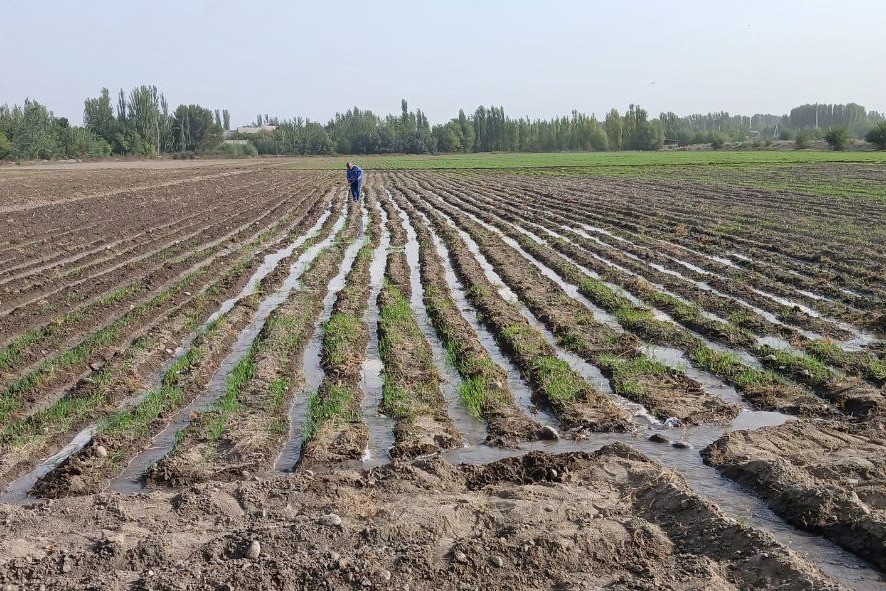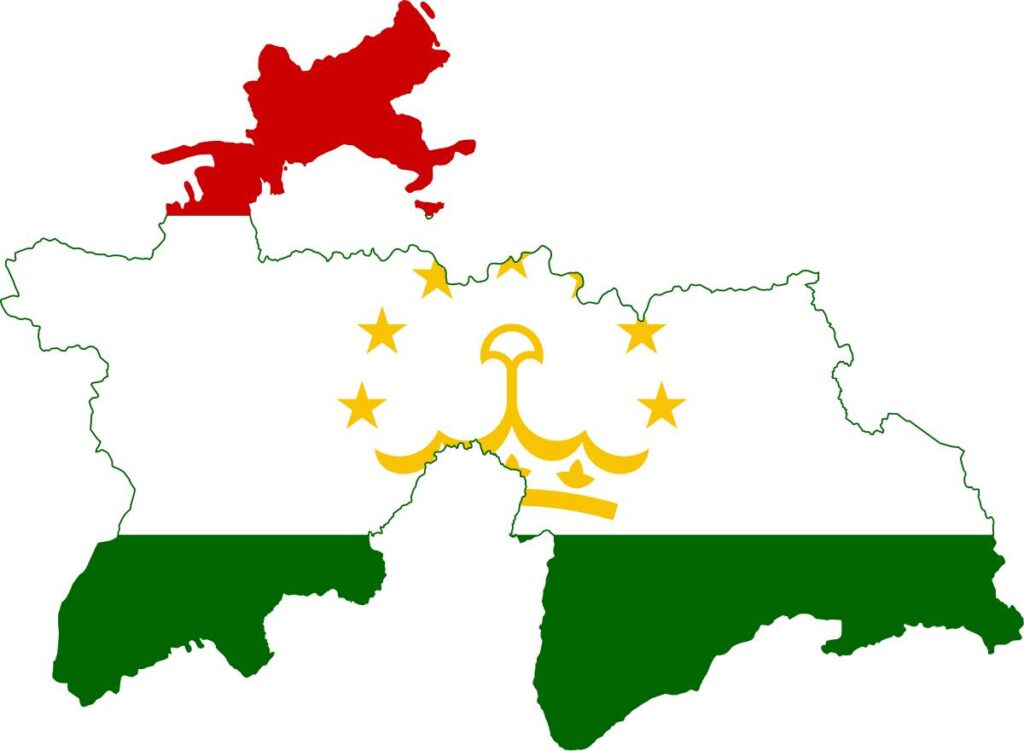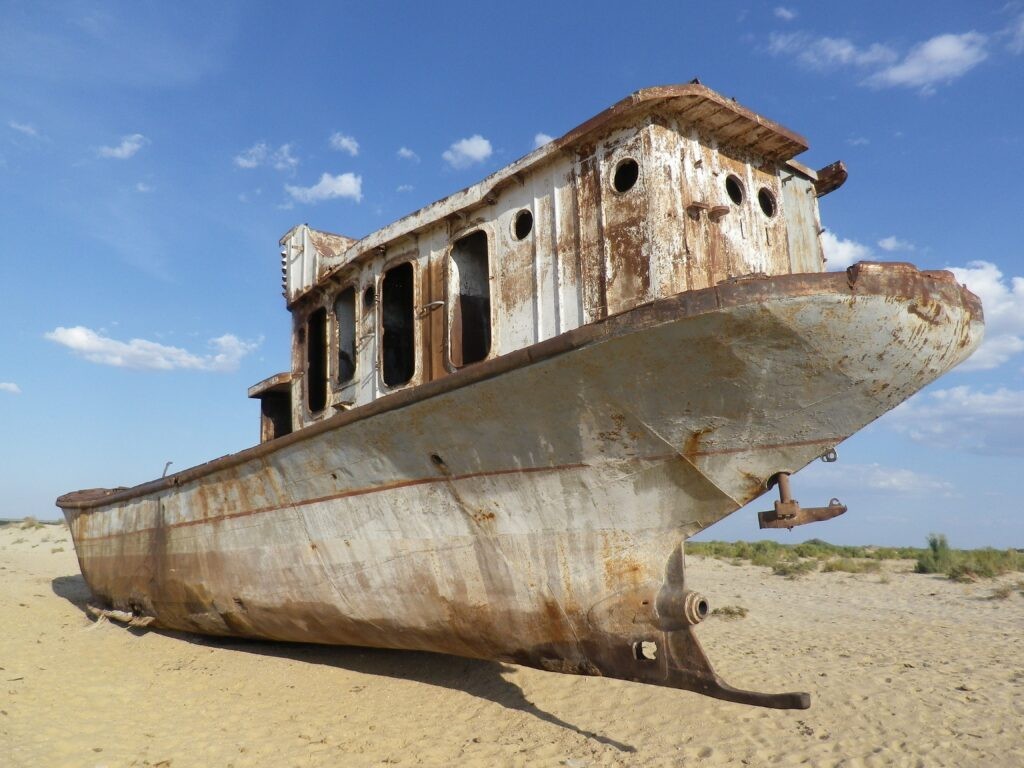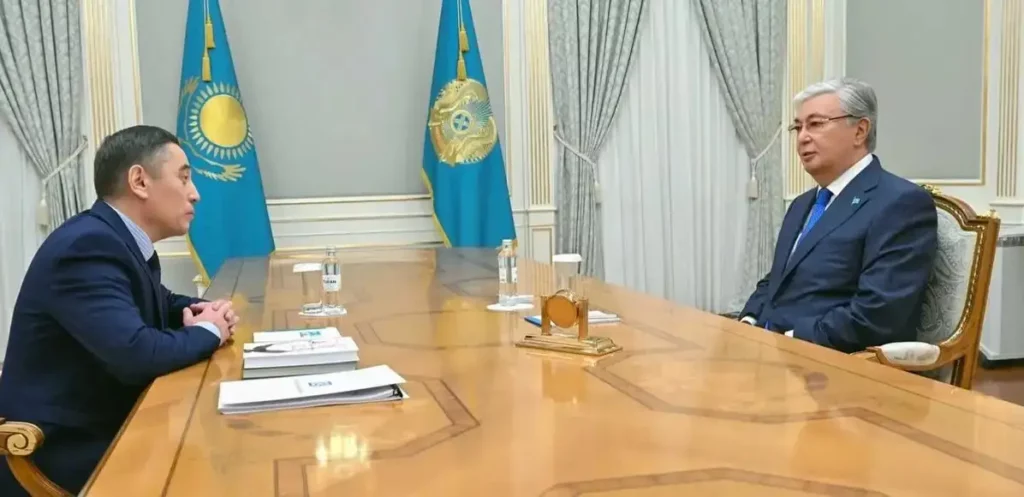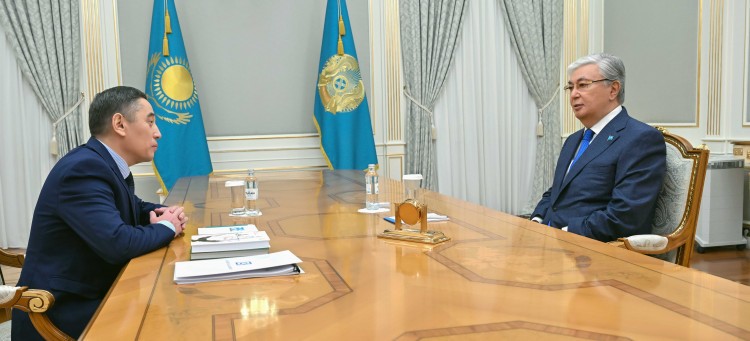Uzbekistan to Improve Efficiency of Water Use in Agriculture
At a government meeting on January 4th, President of Uzbekistan, Shavkat Mirziyoyev listened to proposals aimed at improving the efficiency of water use in agriculture. At the meeting it was stated that in the current condition of an increasingly worsening shortage of water resources, special attention needs to be paid to its rational use. In recent years, 472,000 hectares has been converted to using drip irrigation, 48,000 to sprinkler irrigation, and water-saving technologies have been introduced on 97,000 hectares. As a result of these measures, two billion cubic meters of water were saved in 2023 alone, which is equal to the annual consumption of the Bukhara region. Starting this year, the payment for one cubic meter of water supplied to the field has been set at U$0.008, as the time has come to change the idea that has been established in the minds of many people that water is free, officials said at the meeting. In this regard, it was proposed to organize settlements with water consumers on a differentiated basis. In particular, from 2025 it is planned that a lower tax coefficient be applied to farmers who have installed water meters and introduced water-saving technologies, and a higher rate be applied to those who have failed to do so. The meeting also discussed measures to further stimulate the introduction of water-saving technologies, including opening a preferential credit line under which loans will be issued at a rate of 14% for a period of five years with a two-year grace period. Mirziyoyev approved this proposal, and gave instructions for the scope of water conservation work to be expanded.
